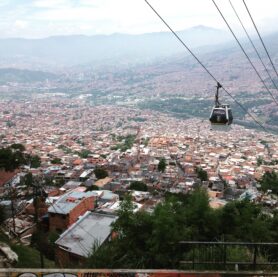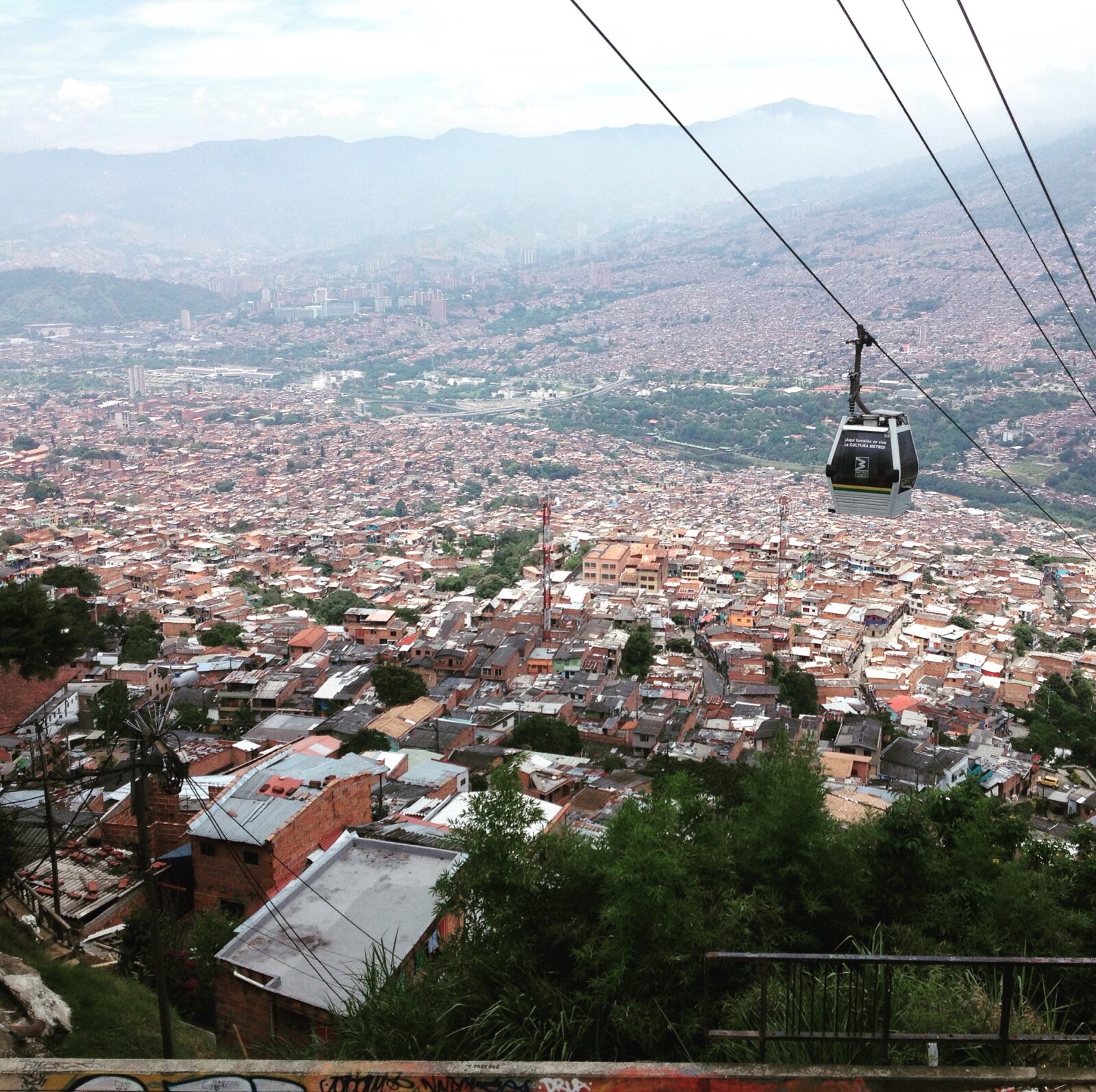Blog
Profile – Jolien van Veen
 I am an anthropologist living in Utrecht, the Netherlands. In the past two years, I have taught courses to undergraduate students at the University of Amsterdam and Utrecht University.
I am an anthropologist living in Utrecht, the Netherlands. In the past two years, I have taught courses to undergraduate students at the University of Amsterdam and Utrecht University.
My interest in urban governance and security started during my fieldwork in Medellín, Colombia, in the fall of 2017. At the time, I conducted research on tour guides and the way in which they represented (or rather narrated) Colombia’s history of drug-related violence to tourists. During conversations with my research participants, it struck me that people often referred to Medellín not as one city, but as several different cities in one. On the level of cultural imagination, Medellín could be both a haven for organized crime and a “miracle” of urban innovation. On the level of everyday experience, the city provided a calm and relaxed environment but was also a tense urban atmosphere controlled by informal authorities.
It is these seemingly contradictory meanings that people attribute to the urban environment which I find most interesting and which raises questions such as: Which places are governed by whom? Who decides what governance looks like in different parts of the city? How are different governing actors represented or imagined by a global audience? And how are cities experienced by the people who live and work in them?
Three years later, I find myself asking similar questions in Rio de Janeiro, Brazil. Here too, different actors such as drug gangs and paramilitary groups control large parts of the city’s periphery. Further, whereas by law Brazil is a secular state, in practice
religion occupies an important role in the organization of public life. Recent years have seen a shift in non-state actors’ religious beliefs from Afro-Brazilian traditions to Evangelical Christianity. My project examines the consequences of this shift for the ways in which residents perceive the authority of non-state actors and their ability to provide security.

